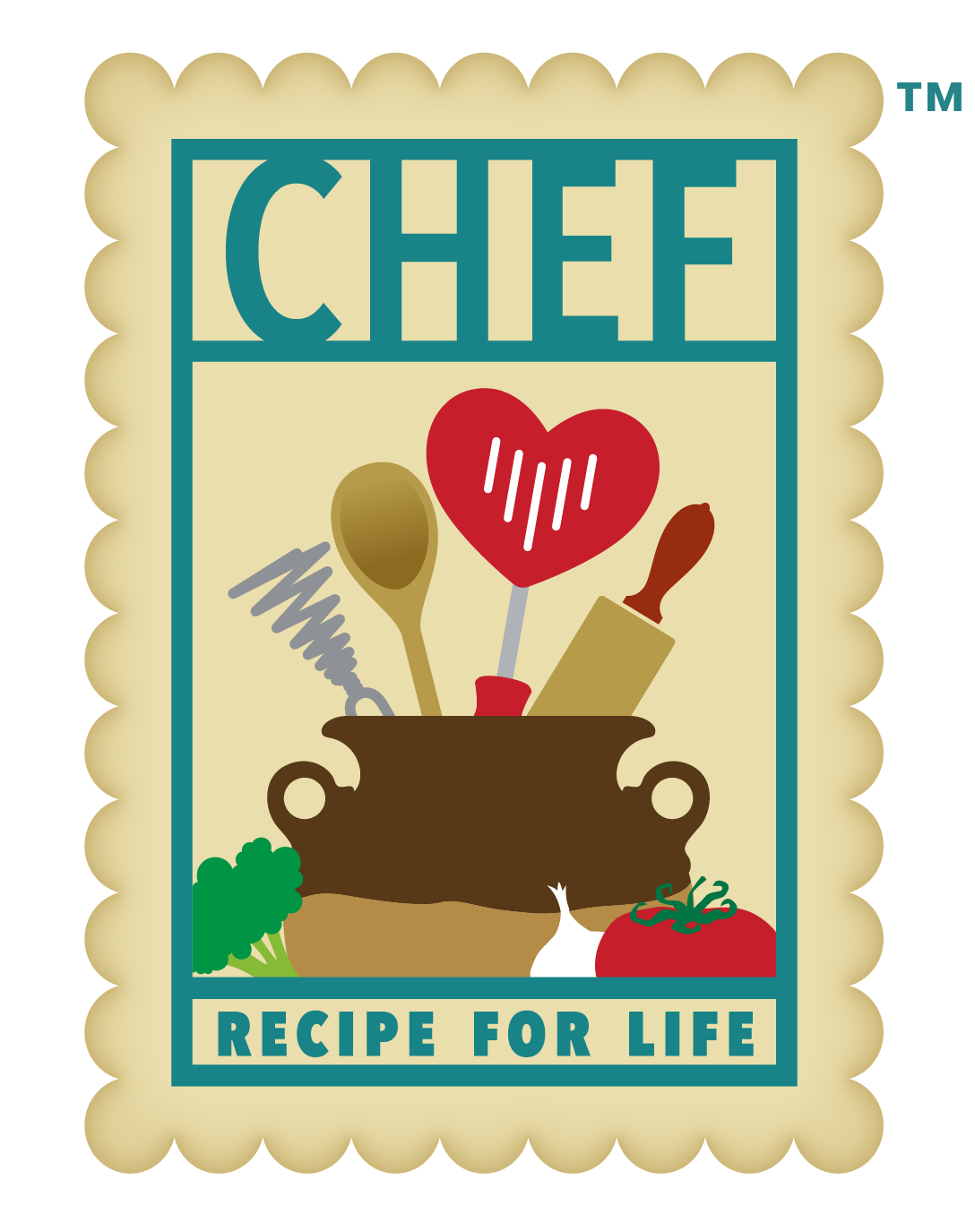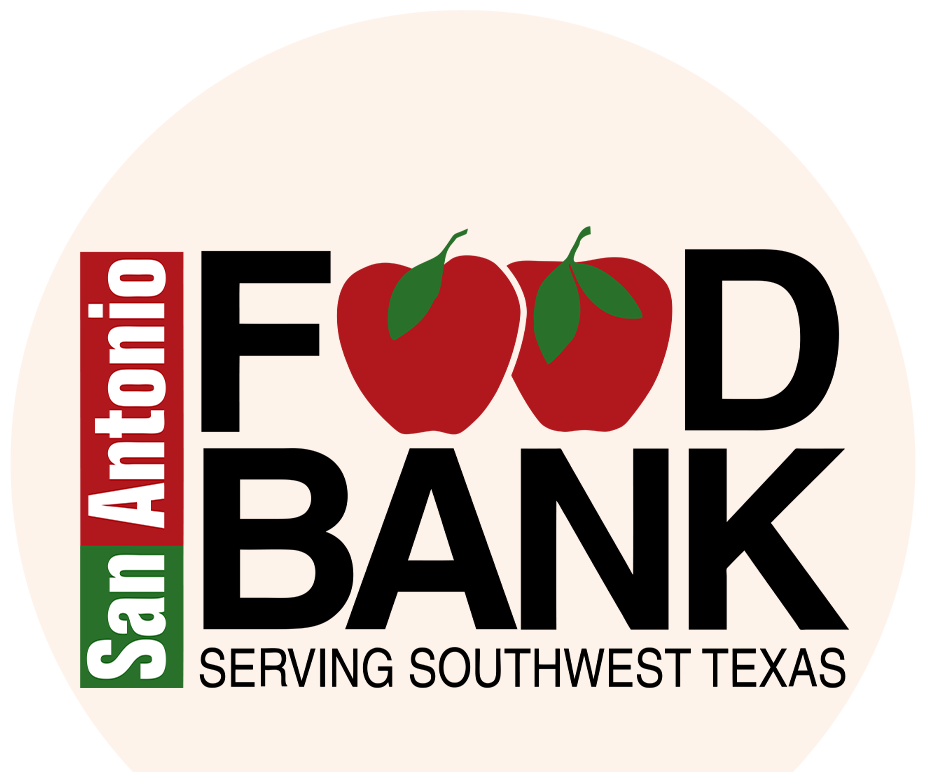There are so many wonderful foods you can add to your diet to help lower blood pressure. Foods rich in calcium, magnesium, and potassium while low in sodium (salt) are ideal. Low-fat and nonfat dairy foods and leafy greens are great sources of calcium. Foods rich in magnesium include beans, nuts, seeds, leafy greens, and whole grains. Tomatoes, Bananas, Potatoes & Sweet Potatoes (with skin), cantaloupe, broccoli, beans & lentils, lean meat, and fish provide potassium in your diet.
Fiber is your friend! Remember to eat lots of fruits, vegetables, and whole grains. Beans and legumes are also a great sources of fiber; and as an added bonus provide lots of lean protein! Be sure to make half of your plate fruits and veggies.
Healthy Fats such as olive oil should be a staple in your diet. Remember to use fats that are liquid at room temperature more often than saturated fats, which are solid at room temperature like butter. Omega-3 fatty acids found in foods such as fish, chia seeds, and walnuts are very important for maintaining heart health. Be sure to measure the amount of oil you use in your recipes so as to not go overboard.
It’s important to limit alcohol as too much can increase your blood pressure.
Cooking at home more helps you control the amount of sodium in your meals. All of our CHEF recipes are heart-healthy and taking a CHEF class can help you and your family explore the many ways you can flavor your food without adding much salt. Find classes near you at this link: https://www.chefsa.org/calendar/
Additionally, you can view our CHEF recipes here: https://www.chefsa.org/recipes-for-life/
Have a question about food or nutrition? Ask our CHEF experts for advice. Our team of Registered Dietitian Nutritionists, are available to provide their knowledge of common sense nutrition and practical cooking skills.
It is important to discuss these dietary suggestions and information with your own doctor to confirm that it will present no risk to you personally. Your doctor’s medical advice is particularly important if you’re currently taking medications for diabetes, high cholesterol, high blood pressure, or any other metabolic disorders.
The nutritional information on this site is intended to be educational information for the general public. It is not medical advice, diagnosis, or treatment with respect to any individual. As individual circumstances vary, you should always seek the advice of your physician or other qualified health provider with any questions you may have regarding a medical condition. Never disregard professional medical advice or delay seeking it because of something you have read on this Web site









